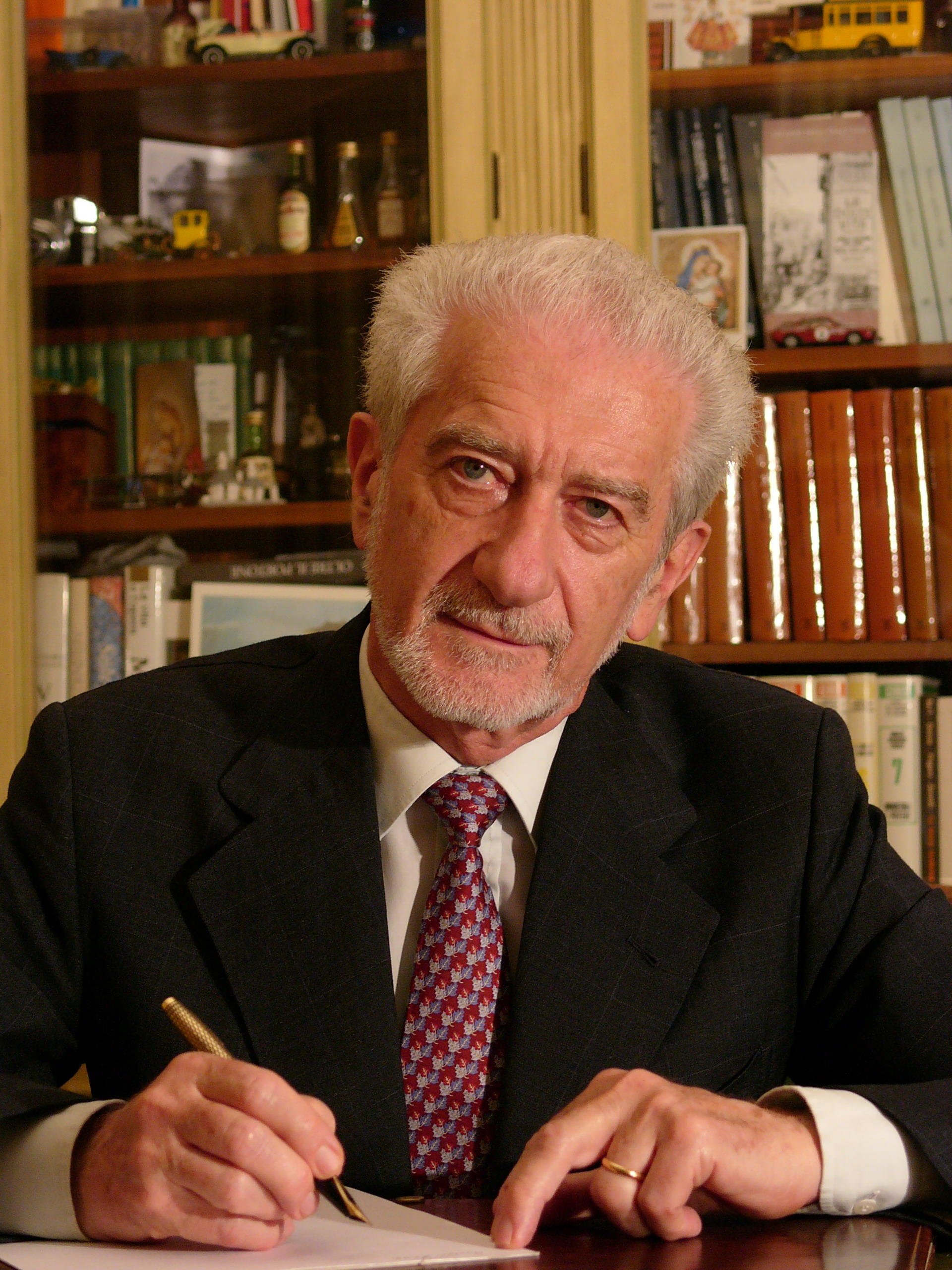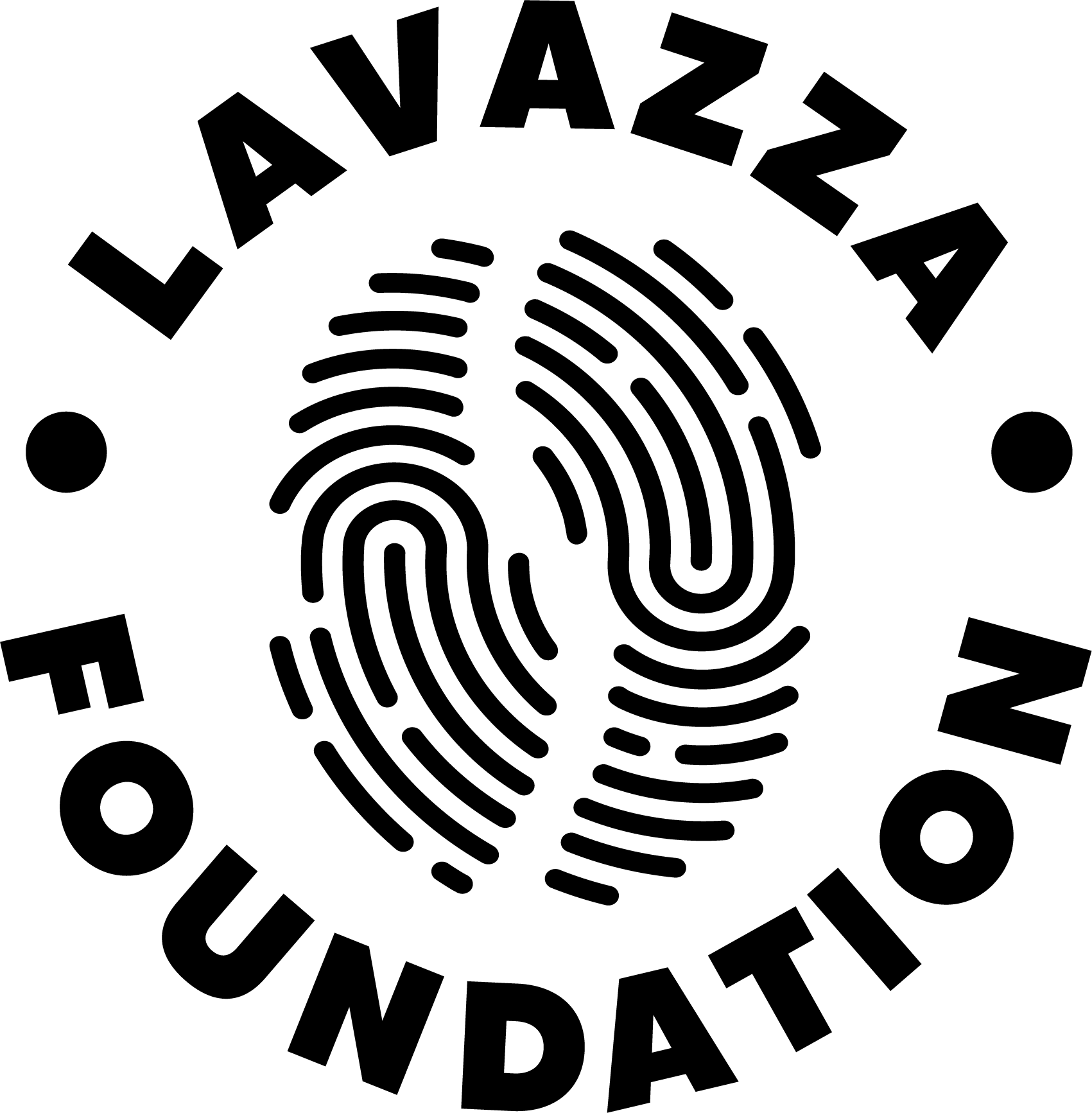The first beans that made history
OUR STORY
2001
In 2001, with the end of the International Coffee Agreement (ICA), most coffee-producing countries decided to implement a series of structural reforms aimed at liberalizing exports.
These reforms were unable to address the increased volatility of international coffee prices, and the expansion of cultivation in countries like Brazil and Vietnam led to an excess of supply that exceeded demand.
During those years, the price of the coffee raw material reached a historic low of 45 cents per pound, causing widespread poverty that severely affected small-scale producers.
In this context, Lavazza conceived the idea of implementing ¡Tierra!, Lavazza’s first sustainability project, with the aim of promoting good agricultural practices, safeguarding the environment, and supporting the economic and social development of coffee-producing communities.
2004
The company established the Giuseppe and Pericle Lavazza Foundation ETS.
Its name was chosen in honor of Giuseppe and Pericle, the sons of the company’s founder, Luigi Lavazza. Thanks to a process of industrial and commercial transformation, they achieved unprecedented expansion in the Italian and European coffee market, laying the foundation for the development of what is now the international Lavazza Group.
During its initial two decades of operation, the Foundation also actively engaged in providing support to populations affected by natural disasters, health emergencies and conflicts.
2024
The journey of yesterday is etched on a coffee bean, leaving the imprint for tomorrow.
Over the past 20 years, we have embarked on a gradual journey that began in the lands where coffee grows — a long path that has involved the ecosystems and communities at the heart of its production. Together with them, we have charted new directions and paths, transforming a coffee bean into the seed for a prosperous, fair, and sustainable future for all.
OUR MISSION
We cultivate opportunities, one bean at a time.
We believe that behind every cup of coffee lies a story that deserves a future: the story of a woman gaining her independence, of a young person choosing to stay and innovate, of a community facing climate change with courage.
That’s why we stand alongside coffee-producing communities around the world, with projects that promote decent work, environmental protection, and real opportunities for change.
Empower the younger generations
Through training programs that motivate them to remain in their farming communities and become coffee entrepreneurs
Promote production diversification
Aiming to reduce risks and enhance the production of food resources
Spread good agricultural practices
Enabling producers to effectively respond to the effects of climate change
Promote gender balance
Strengthening the role of women within families and communities, fostering a culture based on respect
Support reforestation
Preserving biodiversity in the ecosystems where coffee is grown
THE SOCIAL REPORT
Since 2022, the Foundation publishes the Social Report, a reporting tool that provides a clear and transparent overview of its promoted activities.
BOARD OF DIRECTORS
The Foundation is governed by a Board of Directors, which sets the general direction of its activities, defines strategic decisions, establishes the priorities of the initiatives to be undertaken, and exercises powers of extraordinary administration.

PRESIDENT
GIOVANNI ZANETTI
“Each project is a bridge between the present and the future: an opportunity to create lasting, shared value for coffee-growing communities.”

BOARD MEMBER
GIUSEPPE LAVAZZA
"The Foundation has been, and continues to be, a strategic beacon and a driving force for innovation in addressing sustainability challenges."

BOARD MEMBER
ANTONELLA LAVAZZA
"The Foundation creates tangible impact through coffee, a symbol of opportunity, innovation, and sustainable development, by fostering alliances for a better future."

BOARD MEMBER
GIACOMO BÜCHI
"Thanks to strong partnerships, the Foundation continues to pave new paths toward a more sustainable future."

BOARD MEMBER
ARNALDO BAGNASCO
“In an increasingly dynamic global landscape, the Foundation is able to identify the paths to pursue, the projects to prioritize, and the most valuable partnerships to develop.”

GENERAL SECRETARY
MARIO CERUTTI
"Our commitment continues: coffee is not just a beverage, it is the livelihood of millions of people, both producers and consumers. Only by valuing their lives and their work can we truly give value to our shared future."

